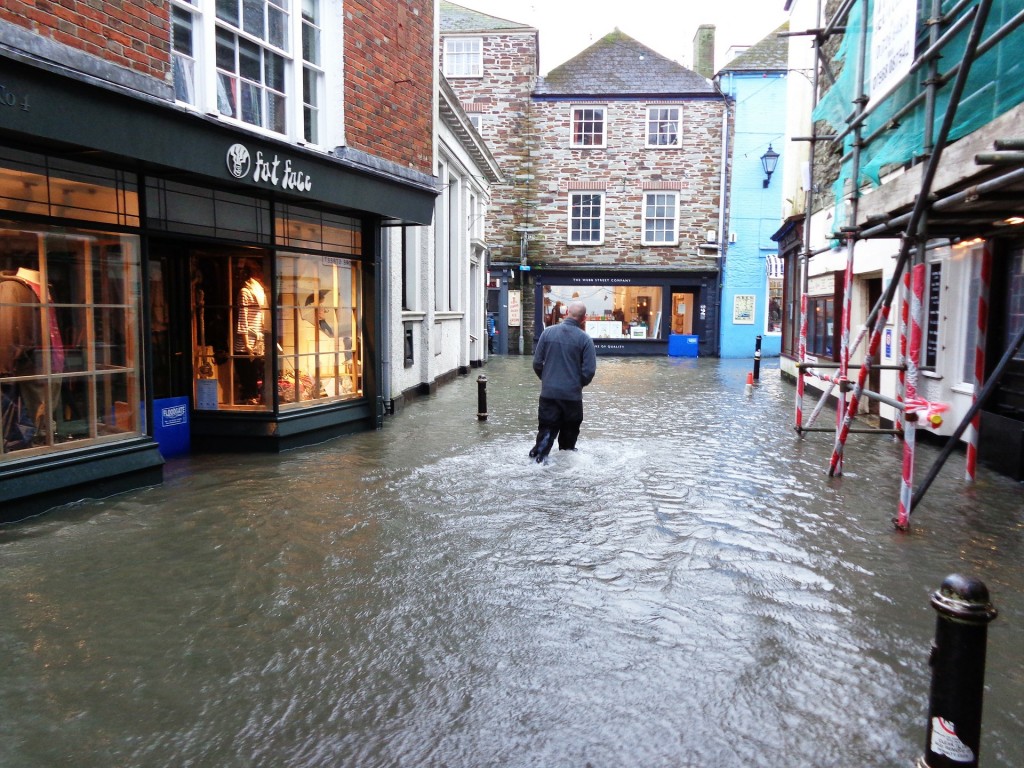
The first place to begin with flood insurance overflowing and hurricane-prone areas is that the NFIP, a statutorily mandated program that provides federal flood insurance protection for properties in sure flood zones. The NFIP is run by the Federal Emergency Management Agency (FEMA) underneath the National Flood Insurance Act. The terms of normal flood insurance policies area unit set by FEMA, and payments on claims arising underneath such policies area unit ultimately paid by the federal treasury. Insurers writing commonplace flood insurance policies underneath the NFIP area unit known as “write your own insurers.” All losses and every one body expenses they incur area unit paid by the NFIP, and ultimately the money comes out of the federal budget.
NFIP policies area unit, of course, terribly helpful, significantly wherever alternative flood insurance isn’t out there. Additionally to providing complete flood coverage, they’ll act as primary flood coverage for industrial risks and permit a regular industrial property policy to produce excess flood coverage. This makes flood coverage from commonplace markets (as critical NFIP coverage) each cheaper and a lot of promptly out there.
However, policyholders should remember of many key problems. First, like alternative forms of property policies,commonplace flood insurance policies need the insured to file a signal of loss inside sixty days. However, in contrast to proof of loss necessities underneath commonplace policies, courts strictly enforce the 60-day demand and hold that failure timely to file a signal of loss obliging with the restrictive necessities may be a valid basis for denying a claim underneath federal flood policy. See, e.g., Wright v. Allstate Ins., 415 F.3d 384 (5th Cir. 2005).
In distinction, underneath commonplace industrial policies, nearly each state needs associate degree underwriter to prove prejudice before being allowed to avoid coverage as a result of the insured unsuccessful timely to file a decent proof of loss. Indeed, within the case of NFIP policies, though the insured depends on statements by a write your own insurer’s adjustor indicating that the proof of loss demand won’t be strictly implemented, failure to adjust to that demand could cause for feiture of coverage. Wright, 415 F.3d at 388 (citing Dawkins v. Witt, 318 F.3d 606 (4th Cir.2003)).
The circumstances in Wright area unit really glaring. When Tropical Storm Allison affected Houston in 2001, Dr. Wright filed a claim underneath his commonplace flood policy, issued through Allstate. The Allstate adjustor calculated coated injury at $12,580.04. Dr. Wright’s public adjustor calculable the loss, when deducting injury unrelated to flood, at $125,840.23. The general public {adjuster|adjustor|claims adjustor|claims adjustor|claim agent|investigator} and Allstate’s adjuster weren’t able to agree on the number of loss and Dr. Wright refused to sign Allstate’s projected proof of loss. Instead, he submitted his own proof of loss that failed to embody all of the data needed by FEMA rules.
All state, not its outside adjustor, responded by stating “We area unit acceptive this proof in compliance with the policy conditions regarding the filing of a signal of Loss.” The letter expressly reserved all alternative rights and defenses out there underneath the policy. The general public adjustor sent 3 letters to Allstate making an attempt to initiate settlement negotiations.
All state’s response, received solely when the point in time for filing a signal of loss had passed, rejected Dr. Wright’s claim on the grounds that he didn’t join forces pro renata by the terms associate degreed conditions of the policy and didn’t file an adequate proof of loss inside the right time. Dr. Wright filed suit, and therefore the district court eventually determined that All state was equitably stopped from denying the claim supported the failure to timely file a correct proof of loss.
The U.S. Court of Appeals for the Fifth Circuit reversed, finding that, as a result of NFIP insurance yield area unit funded by the federal treasury, equitable rule of evidence is usually not out there. Indeed, citing U.S. Supreme Court precedent, the Fifth Circuit command that: “Where federal funds area unit involved, the person seeking those funds is indebted to familiarize themselves with the legal necessities for receipt of such funds.” as a result of the policy terms were set by FEMA, they may not be waived or changed by Allstate. Therefore, the Allstate worker wasn’t licensed to waive the necessity that a signal of loss be timely filed with sure specific data, and Dr. Wright’s claim was barred.
Read here: Guidance To Get Elevation Certificate For Flood Insurance
